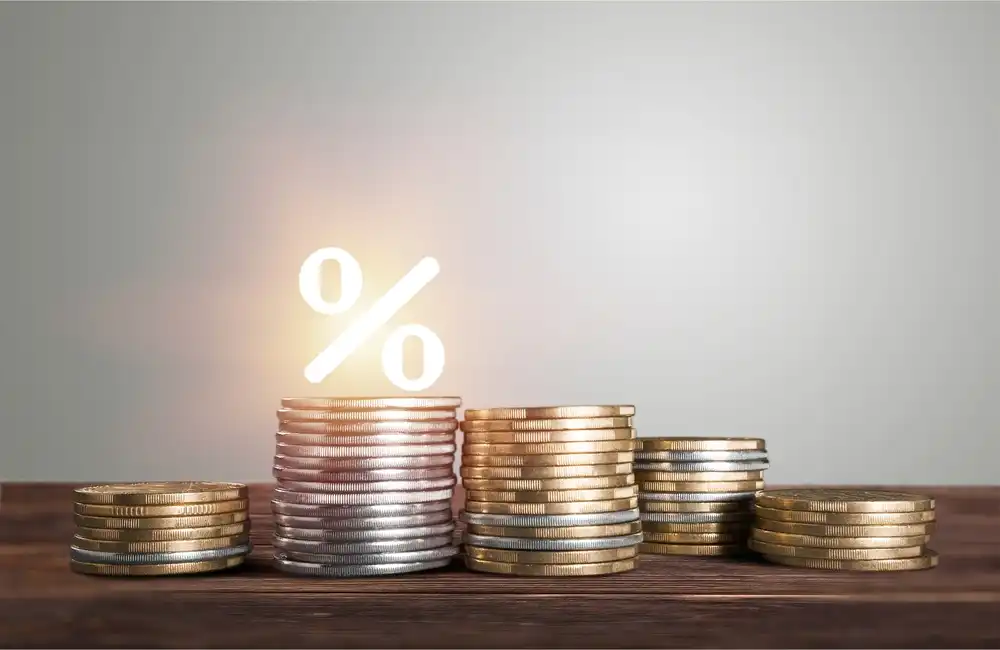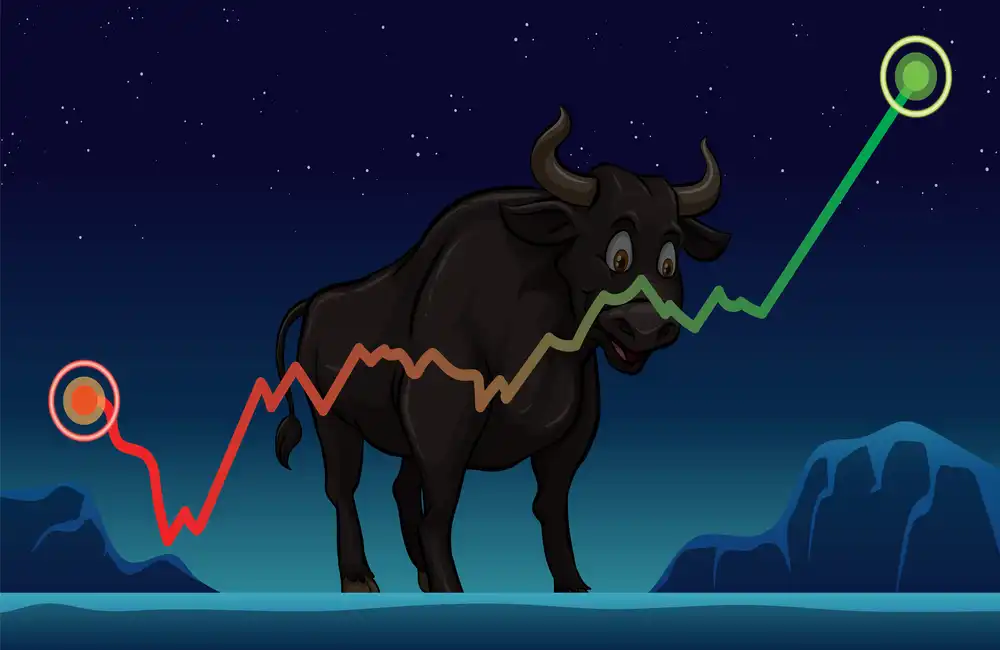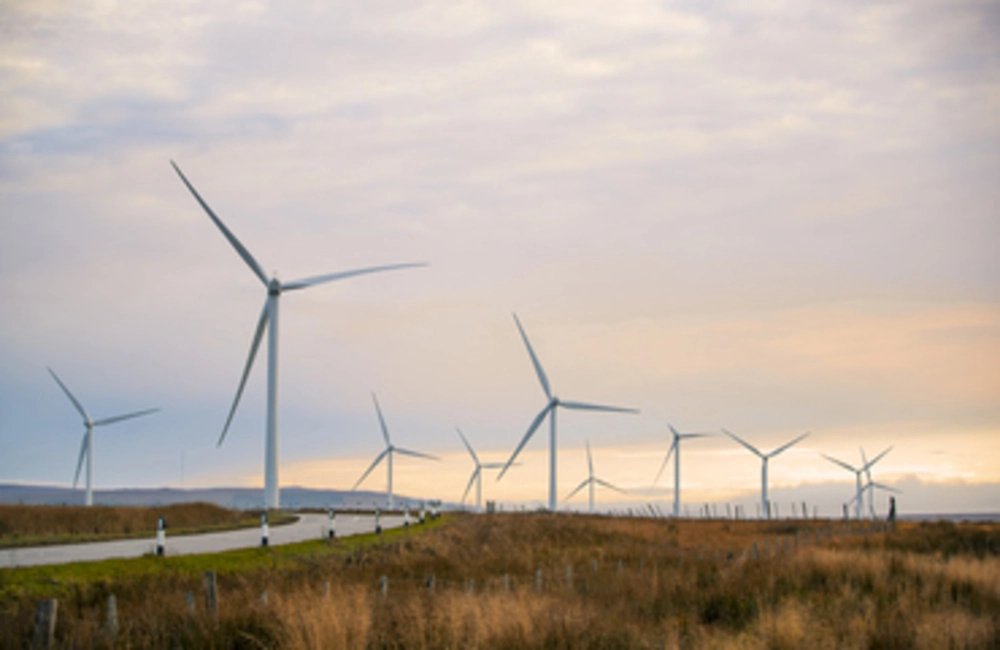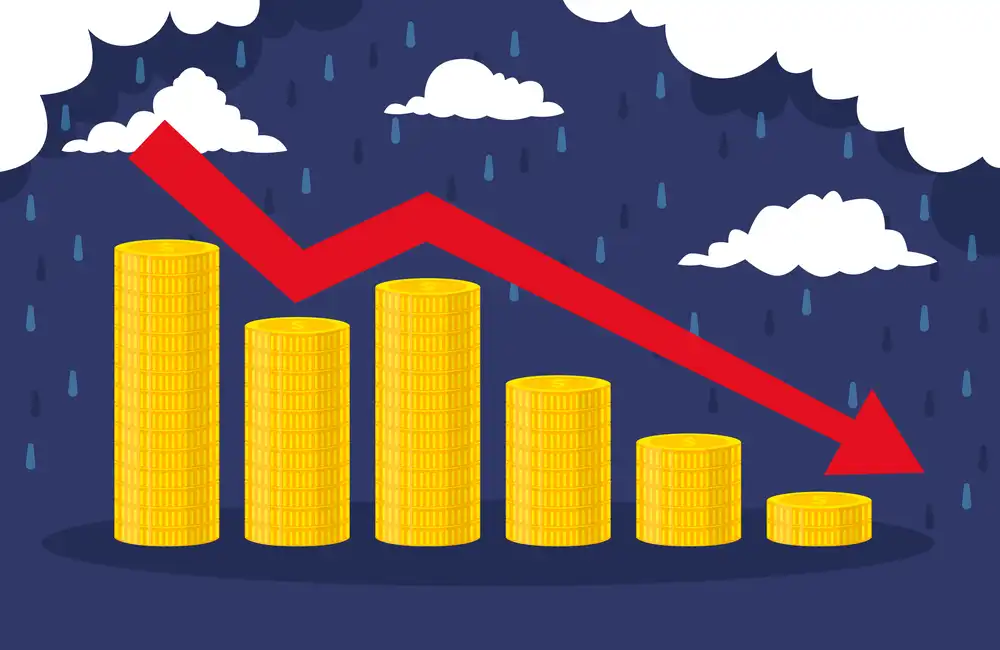The UK government has published its strategy for critical minerals, which guides how the UK will secure its critical mineral supply chains to protect the energy transition, Secretary of State for Business, Energy and Industrial Strategy Kwasi Kwarteng said July 22.
The strategy is designed to speed up the growth of the UK’s domestic capabilities, work with international partners, and build international markets that are more responsive, transparent, and responsible to business, Kwarteng said in the foreword to the strategy report.
“Critical minerals will grow ever more vital as we work to strengthen our energy security and domestic industrial resilience in the wake of Russia’s illegal invasion of Ukraine and as we transition away from unreliable, expensive fossil fuels,” he said, noting that world demand for critical minerals used in clean energy technologies was forecast to be four times greater by 2040 than it is today.
“But critical mineral supply chains are complex and opaque, the market is volatile and distorted, and China is the dominant player,” Kwarteng said.
“In short, the domestic jobs and industries of the UK depend on minerals which are easily subject to shocks in the marketplace, geopolitical events and logistics disruptions, all for minerals where global demand has been rising faster than ever before,” he added, stating that it was “imperative,” that the UK made its supply chains more resilient and more diverse to support future British industries, deliver on the energy transition and protect national security.
As part of launching the strategy, the British Geological Survey conducted its first criticality assessment and defined a list of highly critical minerals considered important for the UK. These include cobalt, graphite, lithium, magnesium, palladium, platinum, rare earth elements, silicon, tin, tungsten, and vanadium.
Antimony, bismuth, gallium, indium, niobium, tantalum, and tellurium are also on the list.
The Critical Minerals Expert Committee set up by the Department for Business, Energy & Industrial Strategy also compiled its first watchlist of minerals considered to become ever more critical, and included manganese, nickel, iridium, phosphates, and ruthenium.
Supply chain challenges
Global demand growth, driven by decarbonization targets, is anticipated to outpace supply chain capacity because of long lead times for mine development and mineral processing, among other challenges referenced in the strategy report. Lithium prices had already soared exponentially higher in 2022 amid growing demand.
That includes seaborne lithium carbonate and lithium hydroxide prices, which have soared 111.2% and 136.6%, respectively, since Jan. 1, 2022, to $71,400/mt CIF North Asia and $75,000/mt CIF North Asia as of July 21, according to data.
Critical minerals are also often by-products or co-products of other commodity mining, which results in disconnected supply and demand, while critical minerals’ mining and processing was highly concentrated in parts of the world, making it prone to supply constraint risks, especially linked to geopolitical events or logistical disruptions, and price volatility.
“There are other challenges, including critical minerals being opaque and volatile, so their supply chains are complex, pressure to replace materials likely hurting the clean energy technologies’ development and adoption, and environmental, social, and governance performance or ESG issues,” the letter stated.
Accelerate, collaborate, and improve approach
The strategy means to accelerate domestic capabilities to rely on what can be produced in the UK, rebuild the skills needed to supply our future needs for mining and minerals, undertake R&D to overcome critical minerals supply chain challenges and accelerate a circular economy of critical minerals in the UK, increasing recovery, reuse and recycling rates and resource efficiency to relieve pressure on primary supply, through the government’s accelerate, collaborate and enhance approach.
We will do this in a way that creates jobs and growth, we will also do this in a way that protects communities and our natural environment.
The strategy will see the UK working with international partners to diversify supply on a global basis for greater resilience, and supporting UK firms involved internationally in diversified responsible and transparent supply chains, and building diplomatic, trading and development relationships to bolster the resilience of supply to the UK.
The UK will work to drive global ESG and therefore reduce the risk of disruption and create a more even playing field for those companies who act responsibly, through improved data and traceability to create functioning, transparent markets, and end with the promotion of Champion London as the home of responsible finance to critical minerals.
“The strategy outlines our ambitions to partner with other nations to build strong trading and diplomatic relationships, which in turn will drive efforts to diversify, make more transparent, responsible and resilient supply chains,” Kwarteng said, adding that this would create opportunities for UK firms abroad and ensure UK firms traded in a level playing field.





















